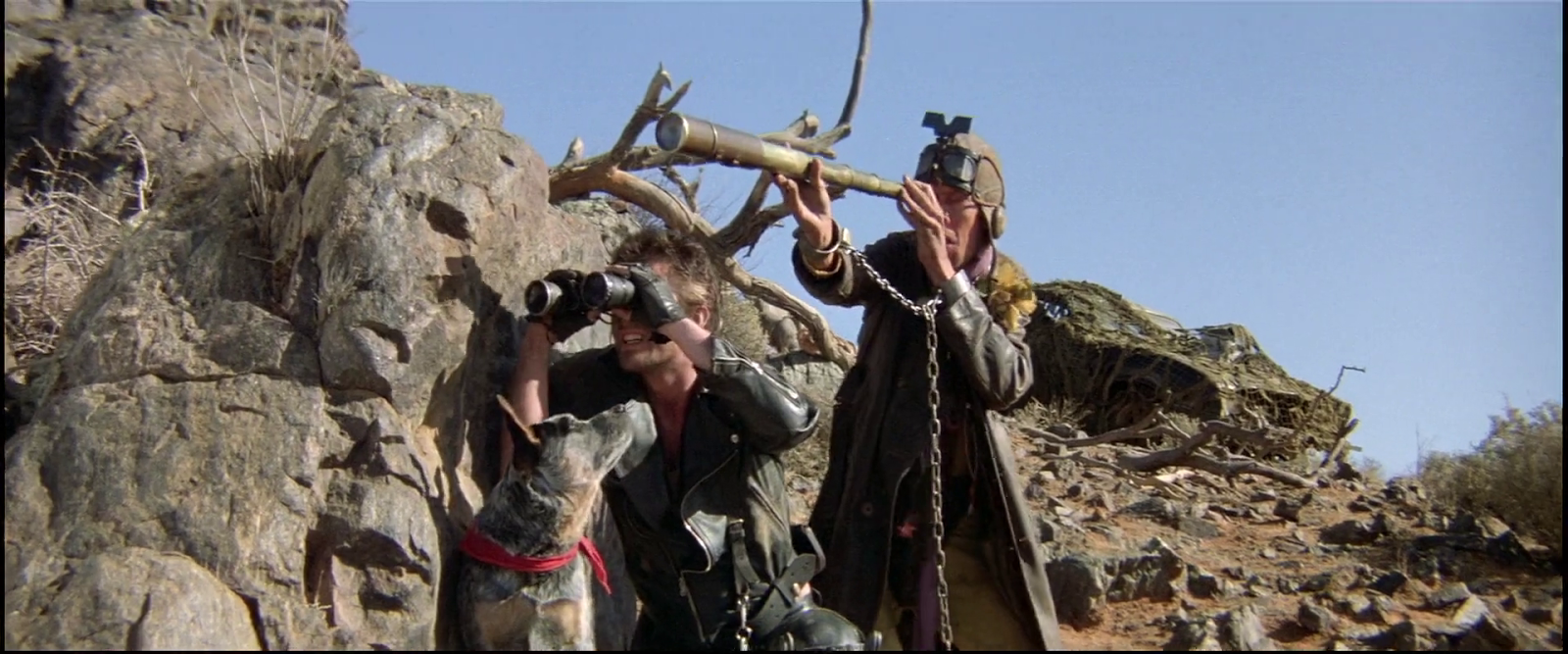My
first major film festival was an extraordinary one; I managed to see 124 films
in total, some great, some awful. Below are my picks of the five best films and
a genuinely terrible one.
The Best
“The Coffin in the Mountain” (dir. Yukun Xin) – The plot is
deceptively simple: after a body is found in a rural Chinese town, the local
community is thrown into chaos as everybody’s secret desires and wrongdoings
come bubbling to the surface. However, Xin chooses to employ a non-Western
causality-based narrative structure (meaning that each individual action
influences the next; contrast this to the Western three-act determinist
structure in which actions are completed to reach a final goal or catharsis),
which already distinguishes his film from 95% of the films in the festival.
Guillermo del Toro once compared film styles to music, saying that most mainstream
movies resemble punk rock with quick edits and fast action; if that is true,
then “The Coffin in the Mountain” is cinema at its most symphonic.
When Can You See It? Unknown. It doesn’t have a distributor yet, but keep an eye on your local arthouse theater.
When Can You See It? Unknown. It doesn’t have a distributor yet, but keep an eye on your local arthouse theater.
“Mistress America” (dir. Noah Baumbach) – Full review here. Baumbach has
created the defining picture for millennials, a “His Girl Friday” for
the 21st century. Truly wonderful.
When Can You See It? Fox Searchlight will begin with a limited release on August 14th, followed by a wider break in the weeks after.
When Can You See It? Fox Searchlight will begin with a limited release on August 14th, followed by a wider break in the weeks after.
“Three Windows and a Hanging” (dir. Isa Qosja) – Like “The Coffin
in the Mountain”, this is another portrait of small town trauma and
dysfunction, this time in Kosovo in the years following the Balkans War. It’s
just as beautifully observed and perhaps even more powerful: there are certain
shots scattered throughout the picture that are burned into my memory. It’s
ostensibly an exploration of the effects of violence in a tight-knit community,
but despite its limited setting “Three Windows” feels like an epic, brutal,
moving, and absolutely vital.
When Can You See It? No distributor, so it’s anybody’s guess.
When Can You See It? No distributor, so it’s anybody’s guess.
“Marshland” (dir. Alberto Rodriguez) – The European police drama has been very
present this festival: the incredibly mediocre “Waterline” from Poland
and “The Connection” from France both played multiple screenings. Spain’s
entry into this subgenre is by far the best, though, eschewing most of the standard
elements (dour orchestral music! unbelievable twists!) to create a
nail-bitingly tense picture that feels relevant both as art and social
commentary. The setting (post-Franco Spain) is perfect for this kind of
policier; this is increasingly evident as the Rodriguez and his crew
fastidiously integrate the real with the fictional and the past with the
present.
When Can You See It? Warner Bros.’ international arm has the rights to this, so expect an announcement sooner rather than later.
When Can You See It? Warner Bros.’ international arm has the rights to this, so expect an announcement sooner rather than later.
“Blind” (dir. Eskil Vogt) – If you are one of those avid fans of Norwegian
cinema (there are dozens
of us! Dozens!), then you will surely have heard Eskil
Vogt’s name. He is the screenwriter behind three of the most acclaimed films
out of the country in recent years (all from the same director, Joachim Trier,
no relation to Lars von): “Reprise”, “Oslo, August 31st”,
and “Louder than Bombs”, which recently premiered at the Cannes Film
Festival. Here, however, Vogt is in the director’s chair, and the results are
titanic. The intricate, complex tale of the malignant fantasies of a
recently-blind author, “Blind” is the kind of picture for which the term “tour-de-force”
was created. There is no accurate reference point, although one gets the
feeling this is the movie “Stranger than Fiction” and “Adaptation”
both wanted to be. More than anything, it must be seen to be believed. There is
simply no other recent film that has reached these dizzying heights of
wickedness and black humor.When Can You See It? Once again, no US distributor is on board.
The Worst
“Beach Town” (dir. Erik Hammen) – Billed nauseatingly as a “rock-‘n-roll movie
of the mind”, there was no other film that came close to the neuron-melting
incompetence in the entire festival. Shot in grainy 16mm for no discernible
reason, “Beach Town” most closely resembles a giant, bloated home movie that
serves absolutely no artistic purpose whatsoever. Every frame of this godawful
picture betrays a basic lack of technical acumen on the part of every single
person involved. I imagine that somewhere along the way someone told Mr. Hammen
to follow his dreams, but this was faulty advice. He would serve the world
better as an accountant or a valet, anything but a filmmaker.


No comments:
Post a Comment